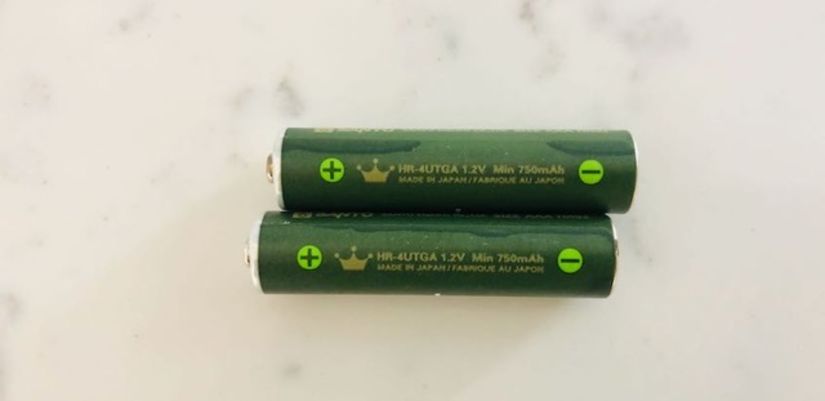Storing Common Batteries Safely
There’s a lot of misinformation you may have heard about storing batteries. The thing is that if you don’t store them correctly, you’re inviting problems. These range from annoying, like discovering your “new” batteries are out of power, to dangerous, like batteries leaking acid or even exploding.
You can store batteries at home or in a self storage unit as long as you do so in a smart, safe way. In this post, we’ll cover the sorts of batteries used in common devices and phones. Car batteries deserve their own article.
Use the Original Packaging
Whenever possible, keep your batteries in their original packaging until you need to use them. Often, the original packaging, even though it may be simple, is designed to keep batteries in the best shape before use.
Another option is to put them in plastic containers or even a battery carrier case. Use a strong container that can’t be smashed or otherwise broken. Don’t keep them in a metal case, though, or have them touching metal, especially on the ends, as this can drain charge. Also, don’t store them close to metal objects. If they touch, that can cause drainage.
Store Cool and Dry
Store your batteries cool, but not cold. If your house is kept at about 72 degrees, just right for most people, and your batteries are stored in a closet, that’s just right. Especially warm weather upward, or cold weather downward, can shorten battery life, and humidity can cause them to begin corroding. There’s a myth that storing batteries in a refrigerator helps preserve them, and this is false. Both the cold and condensation is bad for batteries.
One option is to use caps for batteries, which you can get for all common types, as these can help prevent corrosion. However, you still need to follow the temperature and humidity guidelines. Since 9V batteries come with plastic caps, simply keep those on until it’s time to use the batteries.
Because of that, if you store batteries in a self storage unit, get one with climate control. These are generally kept between about 50 degrees to 80 degrees depending on the outside weather, with humidity between 30% and 50%, though some facilities use an even tighter range.
Separate by Type and Age
You shouldn’t mix battery brands in a device, nor should you mix old and new batteries.
Separate out old and new so you know what’s what. Mixing brands is a problem because slight differences in how they’re made can reduce the effectiveness of the batteries. It can even lead to battery rupture. Storing like batteries together will remind you to use them the same way. Consider securing like batteries together with rubber bands.
Remove Batteries from Devices
When batteries remain in a device that you’re not using, not only can they drain, they can potentially damage the device. For example, they can rust, erode, and leak acid. This can damage and potentially ruin the device.
So, if you’re not using something that needs batteries very often, remove the batteries and store them nearby in a plastic bag. When you want to use the device again, you can put the batteries back in.
One way to determine how much charge a batter has left is using a battery tester. This can help you ensure that you store batteries with about the same amount of remaining charge, the same type, and from the same manufacturer together.
Tips for Rechargeable Batteries
While the above strategies apply to non-rechargeable and rechargeable batteries, there are some specifics that one should know about rechargeables. This applies to phone, laptop, and tablet batteries as well as AAAs, AAs, and so on.
It’s best to store rechargeable batteries at 40% charge, rather than full or depleted. You should then charge them to 100% before use.
By the way, when you do charge them, remove them from the charger as soon as they’re full. Overcharging them can shorten battery life.
When batteries have stopped working, it’s time to dispose of them, and the best way to do this is by recycling them. The acid can leak in the garbage, and we want as few batteries as possible ending up in landfills. Google “battery recycling near me” to find places in your area where you can bring them in.
Now that you know the basics, you’re set to store your batteries properly, and to know you’ll get the most life out of the.




